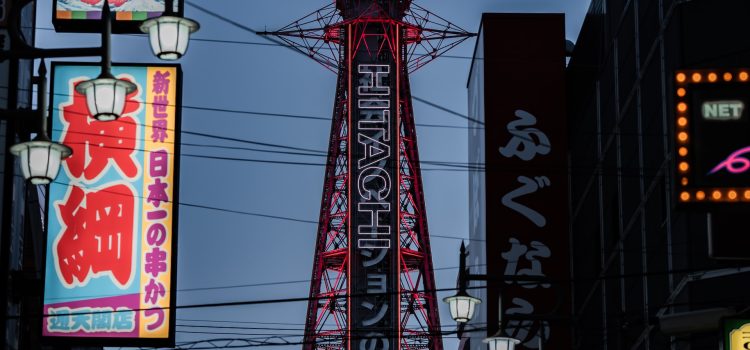
In a move to boost their corporate value and demonstrate their strong financial health, Japanese technology giants Fujitsu and Hitachi have announced plans to ramp up their share buybacks.
Fujitsu, a leading provider of IT services and solutions, has announced its intention to buy back up to 100 billion yen ($912 million) worth of its own shares by the end of September 2022. The company has stated that the buyback program is aimed at “enhancing capital efficiency and shareholder returns” and reflects its confidence in its future growth prospects.
Similarly, Hitachi, a global conglomerate with businesses spanning multiple sectors including power systems, railway systems, and digital solutions, has announced plans to buy back up to 200 billion yen ($1.8 billion) worth of its own shares by the end of March 2022. The company has cited the buyback program as part of its efforts to “enhance shareholder returns and improve capital efficiency.”
Share buybacks are a way for companies to return capital to their shareholders, as they reduce the number of outstanding shares and increase the value of each remaining share. This can also be seen as a signal of confidence in the company’s future growth prospects, as the company is effectively investing in itself.
The announcements from Fujitsu and Hitachi come as Japan’s government is pushing for companies to prioritize shareholder returns and improve corporate governance. The government has set a target of achieving a 10% return on equity (ROE) for all listed companies by 2020, and has been urging companies to take measures to improve their ROE, including share buybacks.
The move towards share buybacks also reflects a wider trend among Japanese companies, as they seek to deploy their cash reserves in a way that benefits shareholders. In recent years, many Japanese companies have been criticized for hoarding large amounts of cash and not doing enough to return capital to shareholders.
However, share buybacks have also come under scrutiny in some quarters, with critics arguing that they can be a sign of a lack of investment opportunities and can lead to short-termism. There are also concerns that companies may prioritize share buybacks over other uses of cash, such as investment in research and development or capital expenditures.
Despite these concerns, share buybacks remain a popular way for companies to return capital to their shareholders, and the announcements from Fujitsu and Hitachi are likely to be welcomed by investors. Both companies have reported strong earnings in recent quarters, and the buyback programs are seen as a way to reward shareholders for their support.
In conclusion, the announcement of share buyback programs by Fujitsu and Hitachi reflects a wider trend among Japanese companies to prioritize shareholder returns and improve corporate governance. While share buybacks are not without their critics, they remain a popular way for companies to return capital to their shareholders, and the announcements are likely to be welcomed by investors. As Japan’s government continues to push for companies to prioritize shareholder returns, it will be interesting to see whether other companies follow Fujitsu and Hitachi’s lead in ramping up their buyback programs.









